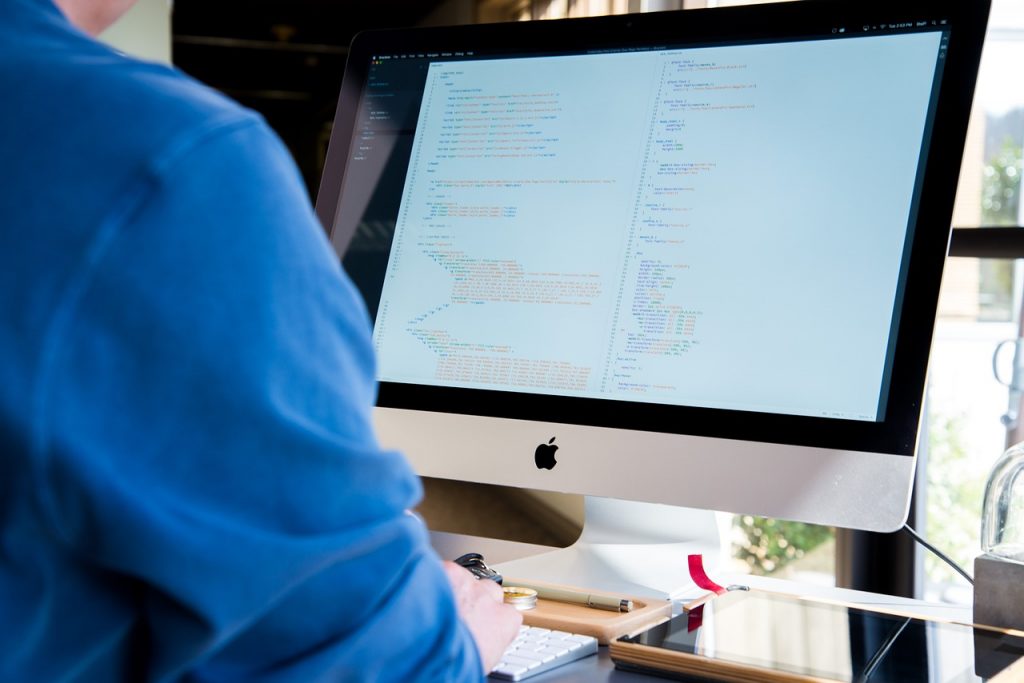
By Fernando Vera, PhD
In today’s rapidly evolving global economy, higher education plays a vital role in equipping individuals with the knowledge, skills, and competencies necessary to succeed in their professional lives. One influential framework that guides the development of higher education programs is the Human Capital Theory. This theory recognizes that investing in human capital, defined as the knowledge, skills, and capabilities possessed by individuals, is crucial for economic growth, productivity, and individual success.
In other words, human capital refers to the intangible assets embodied within individuals, including their education, training, work experience, and personal attributes. The Human Capital Theory posits that individuals who acquire higher levels of education and develop relevant skills and competencies become more productive, thereby increasing their earning potential and contributing to economic growth. By focusing on the development and utilization of human capital, higher education programs aim to enhance individuals’ employability, adaptability, and long-term career prospects, as explained below:
Higher education programs guided by the Human Capital Theory emphasize the importance of providing students with industry-relevant knowledge and skills. By aligning curriculum design, pedagogical approaches, and experiential learning opportunities with market demands, institutions enhance students’ employability and marketability. This includes incorporating practical training, internships, and collaborations with industry partners, enabling students to bridge the gap between theory and practice. Such programs not only equip graduates with the necessary technical expertise but also foster transferable skills, such as critical thinking, problem-solving, communication, and teamwork, which are highly sought after by employers.
Moreover, in today’s competitive job market, higher education programs guided by the Human Capital Theory play a pivotal role in equipping students with the knowledge and skills demanded by industries. Recognizing the dynamic nature of the labor market, these programs prioritize the integration of industry-relevant knowledge and skills into their curricula. Thus, by aligning curriculum design with market demands, institutions ensure that students are equipped with up-to-date and practical knowledge. This involves conducting regular needs assessments and engaging in ongoing dialogue with industry professionals to identify emerging trends, technological advancements, and skill requirements. Such proactive measures enable higher education programs to adapt their curricula accordingly, ensuring that graduates possess the competencies that employers seek.
Pedagogical approaches within these programs are designed to foster active learning, critical thinking, and problem-solving skills. Traditional lecture-based teaching methods are supplemented with interactive and experiential learning opportunities. Students are encouraged to participate in group projects, case studies, simulations, and real-world problem-solving activities. This not only enhances their understanding of theoretical concepts but also equips them with the ability to apply their knowledge to practical situations. By engaging in these hands-on experiences, students develop a deeper understanding of the complexities and challenges they may encounter in their future careers.
In addition to curriculum design and pedagogical approaches, higher education programs guided by the Human Capital Theory place significant emphasis on experiential learning through practical training, internships, and collaborations with industry partners. These opportunities provide students with real-world exposure and a chance to apply their classroom learning in professional settings. Working alongside industry professionals allows students to gain valuable insights into the workplace dynamics, industry best practices, and the skills required to succeed in specific roles. Moreover, these experiences provide students with networking opportunities and may even lead to job offers upon graduation.
In this context, it is worth noting that human capital development goes beyond technical expertise. Higher education programs also aim to foster a range of transferable skills that are highly valued by employers across various industries. Skills such as critical thinking, problem-solving, communication, and teamwork are emphasized throughout the curriculum. Students are encouraged to engage in collaborative projects, group discussions, and presentations, which enhance their ability to communicate effectively, work in diverse teams, and think critically to solve complex problems. These generic or transferable skills enable graduates to adapt to changing work environments and contribute to their organizations’ success.
Therefore, investing in human capital through higher education programs has a broader impact on the economy as a whole. By producing a highly skilled and adaptable workforce, these programs fuel innovation, entrepreneurship, and technological advancements. Graduates with advanced knowledge and expertise are better positioned to contribute to research and development efforts, drive industry competitiveness, and create new business ventures. This not only stimulates economic growth but also enhances a nation’s capacity to address complex societal challenges and seize emerging opportunities in a rapidly changing global landscape.
Furthermore, one of the fundamental tenets of the Human Capital Theory is the belief that education can be a powerful tool for social mobility and reducing inequality. By providing individuals from diverse backgrounds access to quality higher education, societies can break the cycle of generational poverty and create more inclusive economies. Higher education programs that embrace the principles of equity and diversity aim to level the playing field, ensuring that individuals from disadvantaged communities have equal opportunities to develop their human capital and participate meaningfully in the workforce.
As a conclusion, the Human Capital Theory serves as a guiding framework in shaping higher education programs that go beyond imparting knowledge to preparing individuals for successful and fulfilling careers. By recognizing the significance of investing in human capital, institutions can design curricula, pedagogies, and support systems that foster the development of a well-rounded and adaptable workforce. Embracing the principles of the Human Capital Theory not only benefits individuals by enhancing their employability and marketability but also drives economic growth, innovation, and social progress. As we navigate the challenges and opportunities of the 21st century, the importance of investing in human capital through higher education cannot be overstated.
 Fernando Vera, PhD. Doctor in Educational Sciences, academic, researcher, and international consultant, with advanced postgraduate training at the master’s and doctoral levels. He has undertaken academic and research stays in China, Israel, Colombia, Mexico, and Argentina. Currently, he is completing his second doctoral degree, with international mention from the University of the Basque Country/Euskal Herriko Unibertsitatea (UPV-EHU), Spain.
Fernando Vera, PhD. Doctor in Educational Sciences, academic, researcher, and international consultant, with advanced postgraduate training at the master’s and doctoral levels. He has undertaken academic and research stays in China, Israel, Colombia, Mexico, and Argentina. Currently, he is completing his second doctoral degree, with international mention from the University of the Basque Country/Euskal Herriko Unibertsitatea (UPV-EHU), Spain.
